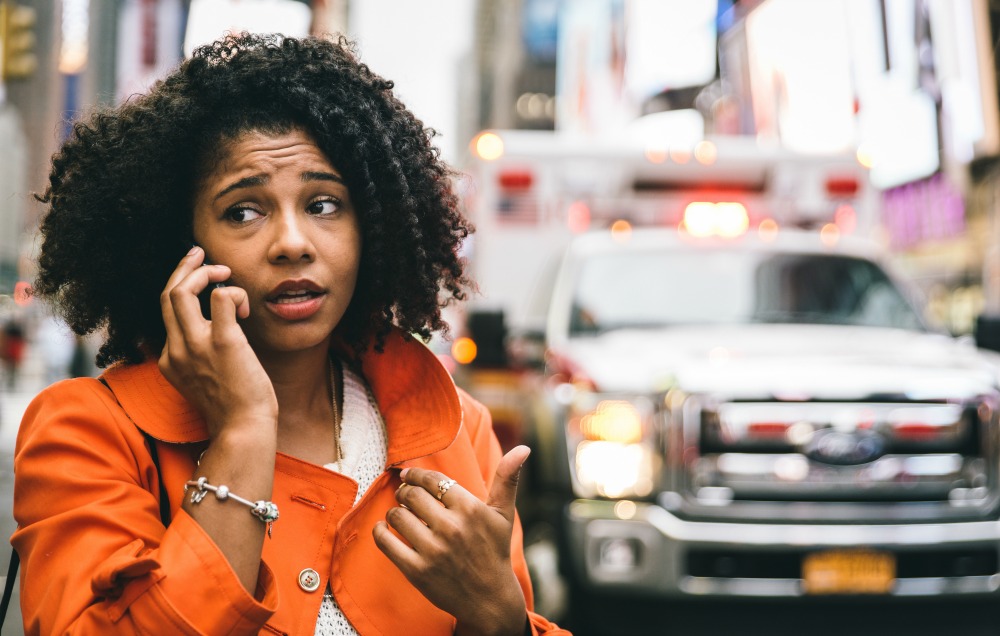As told to Jazmine Rogers
I can’t actually recall my earliest memory of anxiety. Like a parent or an older sibling, it’s always been there. I didn’t realize that it was anxiety, but I recall feeling nervous in grade school. When I first started school, I had the typical anxiety that anyone else would have when beginning school in the first grade, but that nervousness never went away. It was just there. As I started to meet people, the anxiety intensified. Normal things like speaking in class presented traumatic scenarios. The nervousness weighed so heavily on me that I believe it caused me to have a stuttering problem, which caused me not to want to speak even more because people would make fun of me stuttering. It was just always there. I didn’t realize until later what was happening. I thought it was normal to feel that way.
Anxiety makes you feel like you’re in constant danger. You know how you feel when a dog is about to start chasing you? It’s like that. You feel terrified like you’re in trouble, but you could just be sitting home, relaxing, and your heart will start racing. You’ll start sweating as if someone has a gun to your head.
In the moments leading up to an anxiety attack, any little thing will be presented as the worst case scenario in your mind. You could have a normal headache, and your brain will tell you that it’s brain cancer. Everything will be to the extreme. You expect to hear bad news. You always feel like someone means to be offensive when they say things to you. You go around playing mind games with yourself a lot of the time. It’s hard to explain how anxiety feels. It’s like someone asking you how it feels to be Black. You know how you feel when you’re in a room full of people of ther races who may not want you there. It’s just a feeling that is uncomfortable. You’re always on edge, and while you know that there’s no real threat there, you have the physical symptoms that you feel when you’re in danger.
I lived with anxiety for over twenty-five years before I was diagnosed. Towards the end of high school, I started drinking to make the anxiety go away. But then the drinking became a problem on top the anxiety. In my 30s, I decided to go to a rehabilitation center, and the counselors helped me to realize that drinking wasn’t my problem—it was the anxiety, which was the reason I was drinking. They treated the anxiety and the urge to drink went away. I was formally diagnosed with social anxiety disorder.
I decided that I didn’t want to go on meds, but I self-manage my anxiety by praying, meditating, exercising and sports. I’ve adopted a more healthy lifestyle. Praying helps the most and also, exercise because it burns off that negative energy. If you tire yourself out, it’s hard for your heart to race.
I would tell someone who thinks that they may be suffering from anxiety to see a professional. You have to talk to someone else. You have to ask yourself why you think you have anxiety. Sometimes, you may just have a phobia towards something. But if you think you have anxiety, you need to find out for sure because it will only get worse if it goes untreated. If you don’t seek help, you may try to self-medicate by indulging in risky behavior to quiet those feelings, and well, we all know that doesn’t end well. Sometimes if you have anxiety or any other kind of mental disorder, and you’re self-medicating every day with substances like marijuana or alcohol, it will masque the disorder. But once you stop, it will come out full force.










